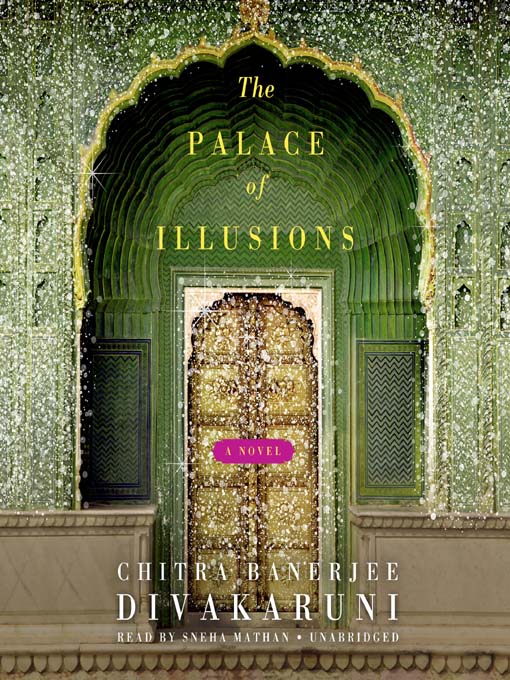
Thousands and Thousands (and even more Thousands!) of years ago, an ancient land is divided between two families. The five Pandavas brothers have sworn to avenge themselves for the wrongs perpetuated by their cousins, the Kauravas. Calling upon mysterious powers for aid, a king requests a son capable of challenging the Kauravas. The mysterious powers oblige, and a young boy is spat from the fire…but, unexpectedly, destiny also provides a young girl. Called Draupadi, and eventually Panchaali, the girl is prophesied to change the course of history…a prophecy that the young Panchaali finds increasingly ironic as her society seems determined to restrict her options and bury her in the duties of womanhood. But then her friend, the winsome Krishna, intervenes, and things get…well…
They get complicated. Like, super complicated. As in Panchaali marries ALL FIVE of the Pandavas, gets into a heated feud with their mom, and then Hanuman the Monkey God appears and she chats with the sage Vyasa who has already written the end of the story and is just waiting around to see it play out and and…
As many of you may have guessed, this is an interpretation of the Indian epic, the Mahabharat, told from the perspective of one of its female characters. It’s an interesting idea, one that has been used to good effect before (I’m thinking of ‘Wide Sargasso Sea’ for one). Here, I feel the author struggles at times with the balance of doing justice to the original story while giving her protagonist a unique take on it. This is made very tricky because the Mahabharat is LONG (so, so long) and choked with incident. There are more characters than can be found at a Star Trek convention, and each has their own adventures. Much was cut to fit this novel, but even when attempting to restrict the action to that which involves Panchaali more or less directly, there are times when the books comes dangerously close to feeling like summary. The Mahabharat was also not always terribly kind with how it treated its female characters, and I think Divakaruni had some difficulty finding valid emotional motivations behind some of Panchaali’s at times frustrating decisions.
Having said that, I did find that the book served as an excellent introduction to the Mahabharat (which I confess I have yet to read) and Panchaali’s struggles are at times fascinating, even though they are almost always under the shadows of the men in her life. Me like books.